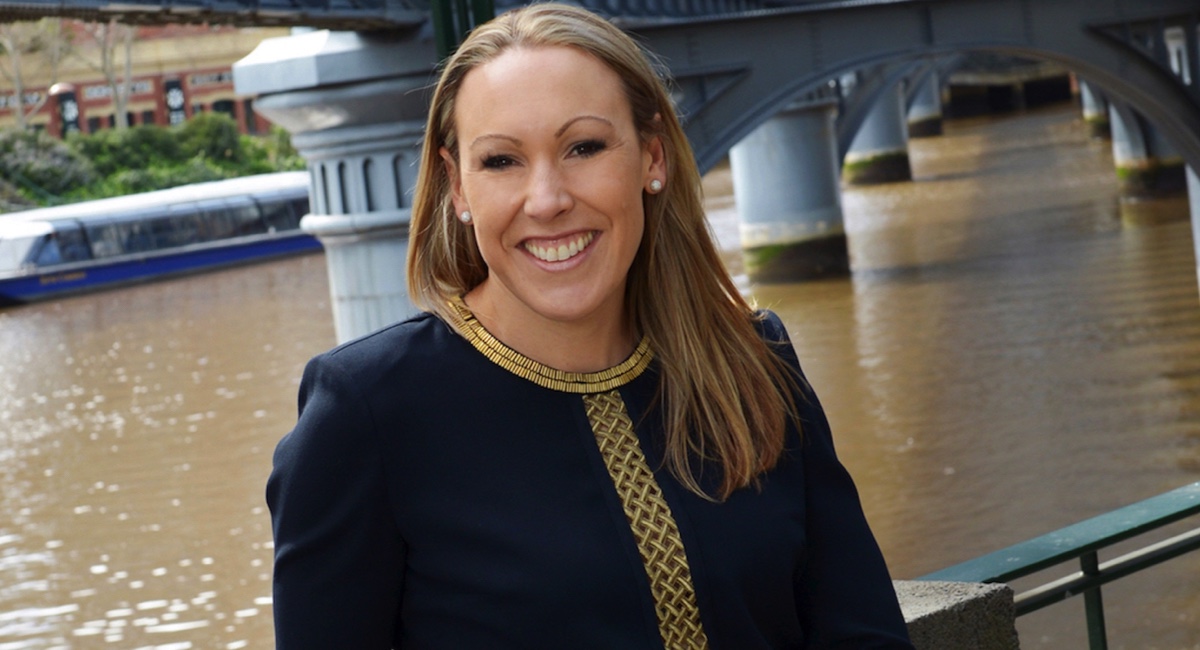There have been a few changes at the top at ZenithOptimedia, now rebranded simply Zenith, in the past couple of years.
Ian Perrin left Zenith in 2015 after nearly five years as CEO and was replaced by Matt James. What followed was a restructure of parent company Publicis Media when regional and local CEOs were appointed. James started originally as CEO at the end of 2015 and he soon after transitioned into the new role of Publicis Media CEO Australia and New Zealand.
Nickie Scriven was previously the managing director of Melbourne – with Karen Halligan as MD in Sydney – and they ran the business together. Scriven was named CEO at the start of 2017 with Halligan now MD.
Scriven has recently overseen the rebrand of Zenith and its key offering which it calls ROI+ as part of a new global brand vision and identity. “We have always been known as the ROI agency,” Scriven told Mediaweek.
“We didn’t want to lose that as in the current climate we know ROI is more important than ever for marketers who are increasingly under enormous scrutiny.
“To be able to hold ourselves accountable for demonstrating ROI is really important to us. But ROI is just more than return on investment.
“ROI+ is about return on insights, return on innovation, return on ideas and return on investment. We have a very solid foundation and process for delivering ROI and proving ROI.”
When asked how Zenith delivers more than others who could claim to offer similar ROI analysis, Scriven added: “We are very focused on the CX [customer experience] journey. We know that consumers are in control. If we don’t design communication strategies with consumers at the heart of what we do we are going to miss the mark and our clients are going to miss the mark. We have invested heavily in not just the planning framework around CX loop, but what we now call CX suite. We have a CX brand tracker which runs for some of our clients, depending on the size of the client, for 52 weeks of the year.
“What that does is tell us where their issues are. We can do a dip across a competitive set and understand where their issues are. Is it a brand awareness problem, is it a consideration problem or is it an experience problem where people are not recommending them?
“We then measure the impact of the media in real time and optimise against it. Where it starts to get really exciting is when we identify the brand dimensions at play in each stage of the CX loop – for example, if a consumer is considering a product because of things that are important to them. This is one of the things that got us close to winning Coles and helped get Aldi across the line.
“Coles is so focused on lower prices – cheap, cheap, cheap and everything is going down. And fresh and saying fresh multiple times in an ad. What we could see in the consideration phase in supermarkets is that quality and convenience were more important. They could say fresh 52 times in an ad, but they weren’t convincing anybody. What we were saying to them was, if they combine fresh with quality and if you are winning in terms of the quality of store environment you are going to have a better opportunity to convince consumers you are fresh because they believe you are quality.
“Likewise with low prices. Yes, Aldi was beating them on perceived value with lower prices, but again Coles was winning on convenience and a lot of people make decisions about their supermarket on what is convenient and local. We were suggesting they needed to start to blend in their low prices messaging with convenience.
“We are able to see the impact of new messaging because we measure it weekly. We roll that up and report monthly, but continue to monitor weekly so we can optimise our campaigns in real time.
All of which means Zenith really gets very close to the agency.
Scriven: “Not enough agencies are close enough to a client’s business and really understand their business. Our whole approach is to be that strategic business partner and to be an extension of our client’s business where they see us as a partner, not a supplier.
“We need to help marketers. The CX tracker was developed in Melbourne before being rolled out Australia wide. It is now also being rolled out globally.”
Scriven said she is surrounded by a strong leadership team in Sydney and Melbourne. Coming into her current role from running the Melbourne office, Scriven said: “Melbourne is a beautiful stable ship with an awesome culture and great leadership. Even our mid-tier, which most agencies struggle with, is incredibly strong in Melbourne. When I arrived at Melbourne it had a staff of 35. Now it is up to 48.
“Sydney is a much bigger office and we have an awesome leadership team that has been stable for the past 12 months.”
Zenith, like all agencies, is kept busy with clients continually reviewing the agency’s performance. Scriven noted that is sometimes driven by mandated regular reviews, sometimes by clients not being happy, “But sometimes it can be just to try to drive prices down. The clients are increasingly under pressure with budgets and in some instances if they go to pitch they might get a better deal.
“To be honest though, I don’t know how much lower it can go.”
